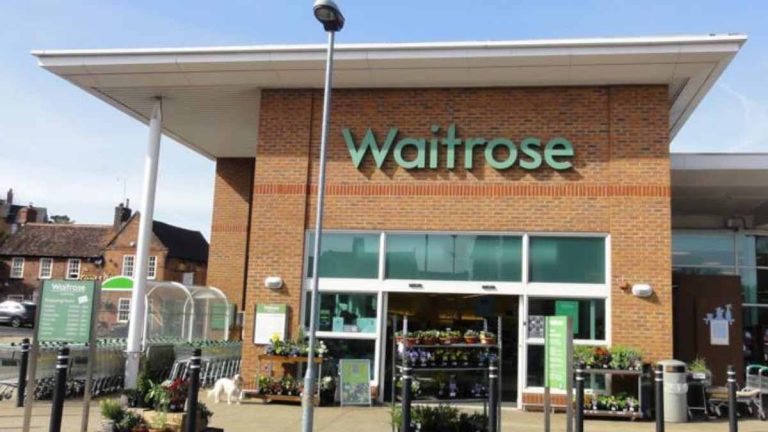Waitrose is set to undergo its largest expansion in recent years, with plans to open 100 new stores over the next three years. The move will see the supermarket chain grow by roughly a third, marking a significant shift for the company. As part of this expansion, Waitrose will prioritise its ‘Little Waitrose’ convenience stores, investing more than £1bn in the project.
Currently, Waitrose operates just over 350 stores across the UK, but this new investment will also include refurbishing an additional 150 outlets. The plan emphasises Waitrose’s unique offerings, such as its service counters, premium wine selection, and partnerships with third-party eateries. These elements have long been key to the brand’s appeal to its loyal customer base.
Nish Kankiwala, CEO of the John Lewis Partnership (which has owned Waitrose since 1937), highlighted the success of the retailer’s recent investments, stating that the brand’s “retail-driven plan” has gained traction. Kankiwala noted the growing number of shoppers and rising customer satisfaction scores as evidence of the project’s success, adding that the company’s focus remains on enhancing customer experience and maintaining high product quality.
Waitrose has found itself in fierce competition with Marks & Spencer, particularly in targeting middle-class shoppers. In an attempt to bolster its position, Waitrose has reduced prices five times in the past year, helping it retain a 4.5% market share. Kantar’s latest data also shows that the grocer’s sales surged to over £5bn, a significant increase from £1.44bn in 2023. By comparison, Marks & Spencer holds just under 4% of the market.
The Finchley Road branch in London has been chosen as the testing ground for Waitrose’s new ideas. Recently refurbished after a six-week closure, the store will serve as a pilot for new services, including a Parmesan counter and a chilled wine section. The feedback from Finchley Road’s redesign will help shape a wider rollout of new store concepts nationwide in 2025, as Waitrose prepares to introduce a fresh shop design across its portfolio.
James Bailey, executive director of Waitrose, expressed confidence in the company’s strategy, highlighting the importance of growth through new and existing shops. He noted that the insights gathered from the Finchley Road trial would be crucial in refining Waitrose’s future direction. According to Bailey, the transformation of that store reflects Waitrose’s commitment to offering a superior shopping experience, one that is tailored to the needs of local customers and backed by the quality that has become synonymous with the brand.
Waitrose’s long-term goal is to expand its store presence while enhancing the shopping experience. With new shop designs, product offerings, and tailored local concepts, the company is clearly positioning itself to meet the evolving demands of its customers in the coming years.

